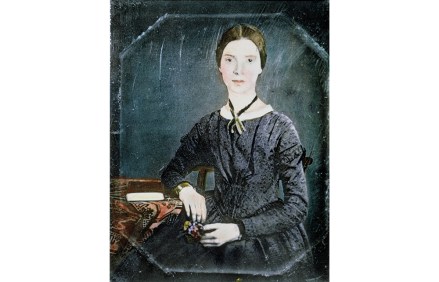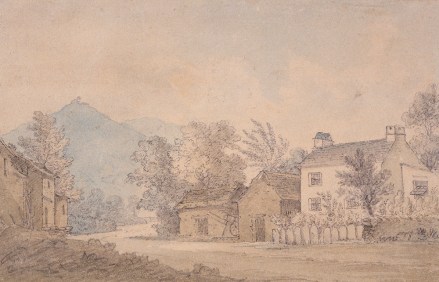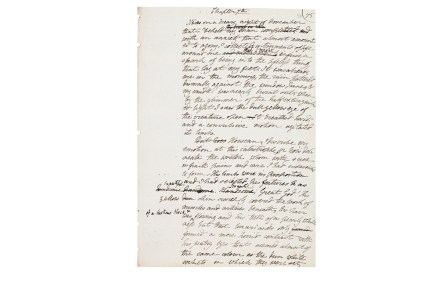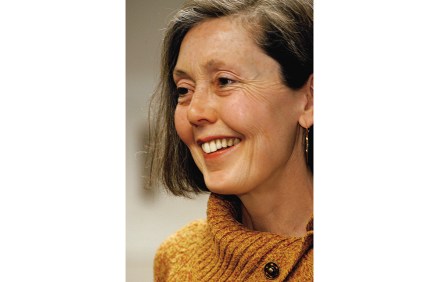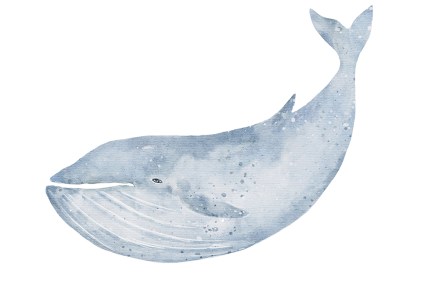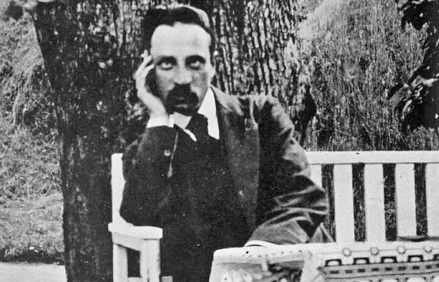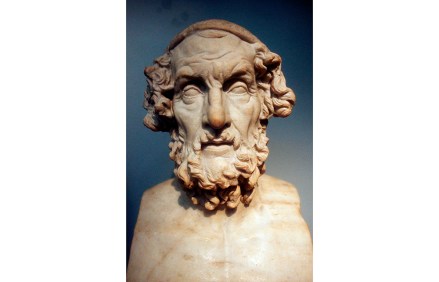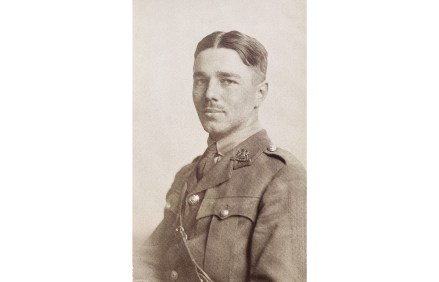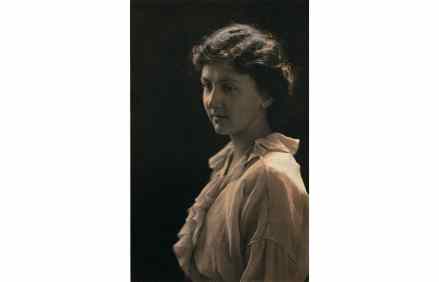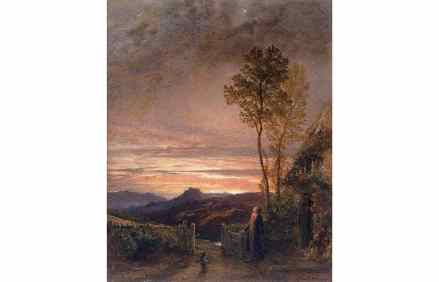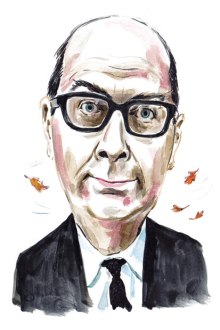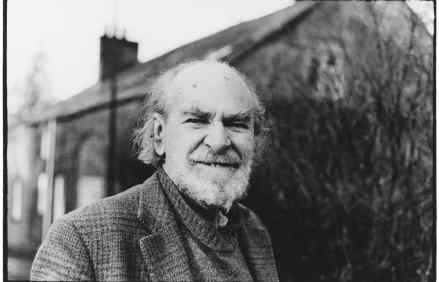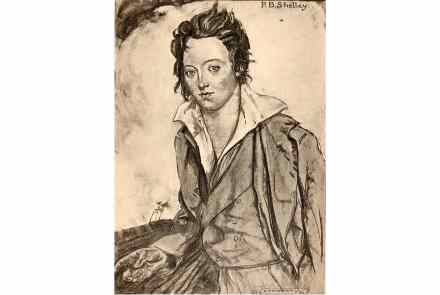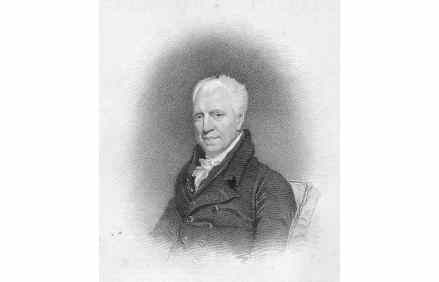Emily Dickinson was not such a recluse after all
This is fanciful, I know, but I can’t help wondering about the great poetry that will surely be written in the early 2060s. Think about it: in the early 1960s, Sylvia Plath had her great creative outpouring, waking at 4 a.m. each day to work on the ‘Ariel’ poems that would make her name. Exactly 100 years earlier, Emily Dickinson was in full spate, writing 295 poems in 1863 alone. (Her total oeuvre amounts to nearly 1,800 poems, most of them unpublished during her lifetime.) The concentrated intensity with which these two women produced their best work has the quality of a natural phenomenon: a butterfly migration, or a swarm
